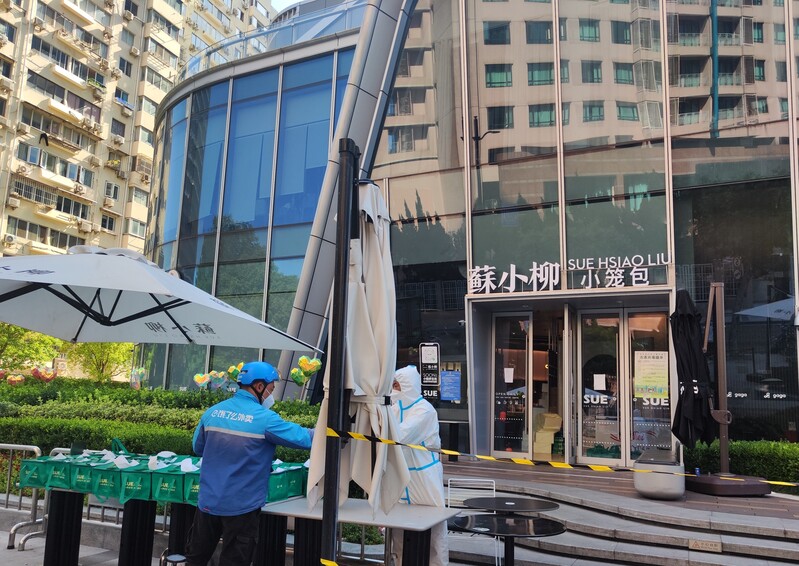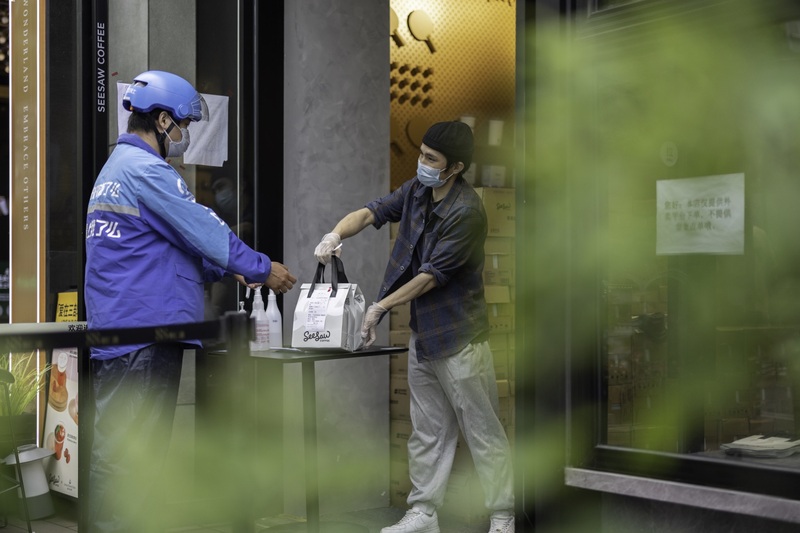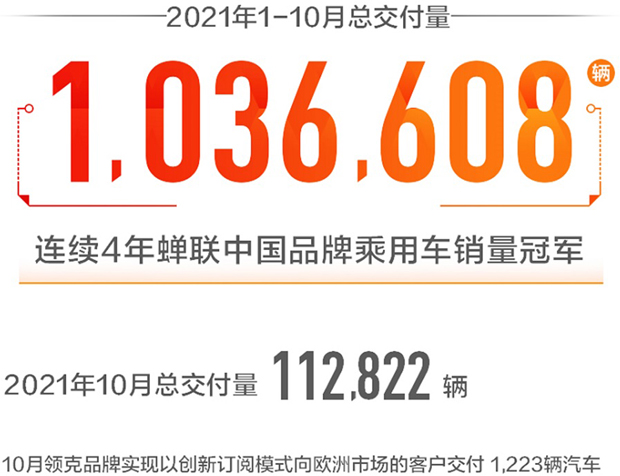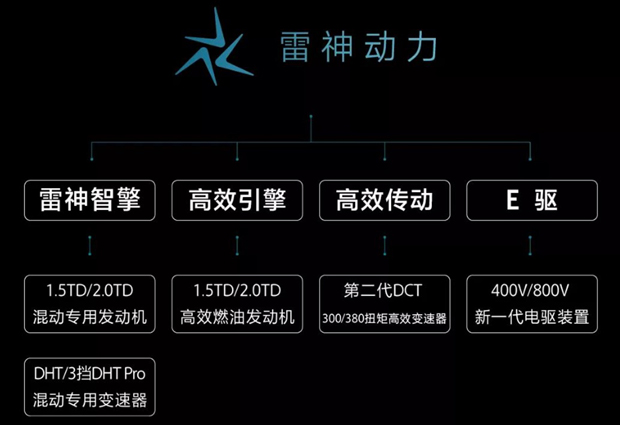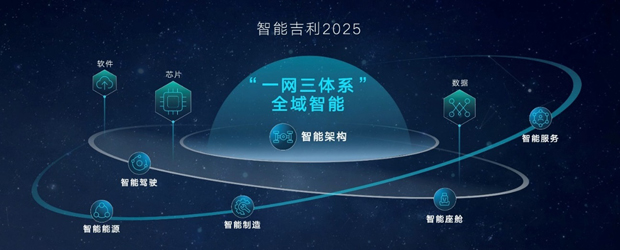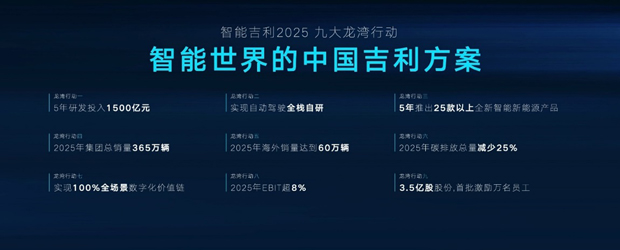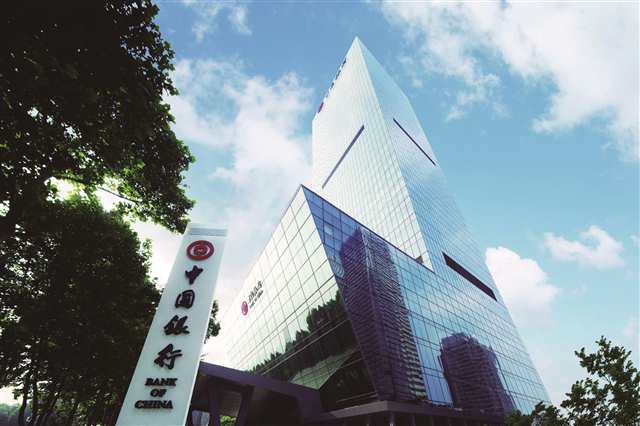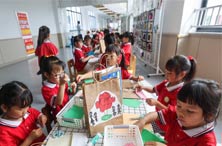Focus 315 | Worrying about Coffee and Milk Tea Food safety touches people’s hearts.
Cailian | New Consumer Daily March 16th (edited by Liang Youyun), around the annual "315 Consumer Rights Day", food safety has once again become a hot spot affecting people’s hearts.
Compared with traditional restaurants, new brands of tea and chain coffee have sprung up in recent years, and a cup of milk tea and coffee every day has become the daily life of many young urban white-collar workers. Marketing activities and ridicule such as "the first cup of milk tea in autumn" and "coffee for life" have influenced many consumers’ choices.
However, as a ready-made beverage, it is very easy to cause food safety problems in case of insufficient service training, irregular production process, inadequate hygiene and safety in stores, and disorderly supervision of franchise stores.
The New Consumer Daily collected and sorted out some "coffee and milk tea troubles" that have been exposed by relevant departments and hotly debated by netizens since 2022.
Drinking foreign bodies became the most common complaint.
"Drinking bugs in XXX", "Eating stones in XX" and "Finding hair in the package" have become the most frequently complained topics of netizens.
Black cat complaints search "foreign body" keywords, showing that the number of complaints as many as 33 thousand. Among them, brands such as Mi Xue Bing Cheng, Naixue Tea, Youlemei, Gu Ming Tea and Auntie in Shanghai have all received complaints from consumers about eating foreign objects in the past month.
Judging from the frequency of appearance, Mi Xue Ice City has become a "frequent visitor" on the list. Eating stones, finding hair in unopened drinks, black unidentified objects and sharp plastic thorns have all become complaints. On the platform, there are 4,820 complaints about Mi Xue Ice City, which is much higher than 1,431 complaints from aunts in Shanghai, 1,361 complaints about Naixue’s tea, 965 complaints about hi tea and 675 complaints about ancient tea.
On the whole, although brands such as Naixue Tea and Xicha, which are mainly self-operated stores, also have food hygiene complaints, from the data point of view, brand stores which are mainly franchised are more likely to be complained about foreign objects. With the more stores nationwide, there is a risk that the management control of the parent company will decline, and complaints will increase accordingly.
Brands should actively do a good job of self-inspection, eliminate potential safety hazards caused by irregular operation, and actively cooperate with relevant departments to check and rectify in time when signs are found. In this way, we can continue to retain consumers and enhance brand influence.
However, it must be pointed out that in many food safety complaints, it is true that some people maliciously add foreign objects to drinks to blackmail brands in order to obtain compensation.
Store health problems have become the focus of investigation.
According to the data from the General Administration of Market Supervision, there is a positive correlation between the number of complaints about consumption and the level of consumption activity. While the brand is actively doing business, it should also focus on health issues.
Store hygiene has always been the "hardest hit" in the catering industry. Unscrupulous merchants often use the kitchen or under the counter that consumers can’t see to hide their real environmental hygiene, food shelf life and irregular production. Milk tea, coffee and other products that need to add fresh fruit and fresh milk are also frequently notified and punished.
In 2021, Yihetang Store was exposed that the clerk did not apply for a health certificate, and many cockroaches were found in the food processing area. In mid-2022, another investigator found that Yihetang milk tea had food safety hazards such as the continued use of expired ingredients and the peeling of fruits by shop assistants. At the beginning of 2023, another customer reported through video that he had drunk foreign substances in Yihetang milk tea, which led customers to seek medical treatment for acute gastroenteritis.
In 2022, Starbucks, a well-known chain coffee brand, was also fined 10,000 yuan for expired food and altered shelf life.
On the eve of "315", according to WeChat official account of Beijing Consumers Association, Beijing Hemao Catering Co., Ltd. (signboard: Mi Xue Bing Cheng) was given an administrative warning and ordered to suspend business for rectification because it dismantled the disinfection pool of tools and appliances without authorization. This is the third time that the brand has received a warning and punishment from Beijing State Administration for Market Regulation in the past two years.
The use of expired raw materials, problem fruits, etc. seems to be a chronic disease in the industry, and it is often difficult for innocent consumers to prove that they are lucky enough not to eat anything different. Only when the parent company of the brand establishes an efficient management system and the market supervision and management department increases the density of attention and inspection can the irregular store operation be effectively deterred.
Food additives have sparked heated discussions.
The short video blogger’s phrase "technology and hard work" touched the nerves of many consumers. At present, many people often focus on the preservatives and flavors of bottled drinks, but the freshly made tea and coffee that can’t see the ingredient list should also be paid attention to.
As China’s food safety law only stipulates that there should be a label on the packaging in prepackaged foods, and the label must indicate the ingredients or ingredient list. However, in the face of the rapid rise of the labels and ingredients of ready-made drinks such as milk tea and coffee, there is no explicit requirement for labeling, and it is entirely up to the self-discipline of merchants.
Do you use real milk? Is it boiled with real tea? What is "0 candy"? What is the caffeine and sugar content of each drink? These problems often appear in the process of customer consumption.
In order to maintain the taste and reduce the production cost, beverages often use creamer, non-dairy creamer and other raw materials. Is it reasonable to add them? Is it harmful to human health? Become the hot topic of netizens.
At present, the deputies of Sichuan Provincial People’s Congress have proposed to amend and improve the Food Safety Law of People’s Republic of China (PRC) and increase the mandatory requirement of labeling the drinks that are now made and sold. At the same time, referring to the national food safety standards "General Rules for Labeling in prepackaged foods" and "General Rules for Nutrition Labeling in prepackaged foods", the labels of the drinks that are now made and sold should indicate the specific contents of energy, core nutrients and other nutrients such as sugar and vitamins and their percentage in nutrient reference values (NRV).
Drinks are also "short of two pounds"?
In addition to food safety, the "shrinking" of beverages has also become a topic of concern to netizens recently.
On the eve of 315, Rui Xing and Modern China Tea Shop were spat in succession. Among them, Luckin Coffee has only half a cup left in the cup after ice removal; In Modern China Tea Shop, after the milk foam melts, there are only two-thirds of the drinks left in the cup. In this regard, the response of the above two brands is similar, that is, the drinks in the store are made according to the standard process, and the reduction of drinks is normal.
The New Consumer Daily observed that in addition to the above two brands, many milk tea brands have noted in the delivery that there is a lack of ice or some ingredients after removal.
According to people in the industry, the way to remove ice is to shake the ice cubes with a full cup of beverage, and then filter the ice cubes after the beverage cools down, so there will be some defects in the final product. Regarding the problem that there is no shortage of drinks, the person said that in order to ensure a unified taste, the amount of ice is different, and the proportion of raw materials for drinks will be different. Previously, shop assistants would make their own supplements, but in recent years, due to the increasingly strict in-store monitoring, shop assistants must make them according to the process, and dissatisfaction with cups has become the norm.
Some lawyers have warned that this behavior may constitute fraud. Although there is no subjective malice and concealment of the brand, a big difference can still constitute the essence of short weight. Consumers can complain and report to 12315, or file a lawsuit. After the fraud is determined, they can claim triple compensation, starting from 500 yuan.
